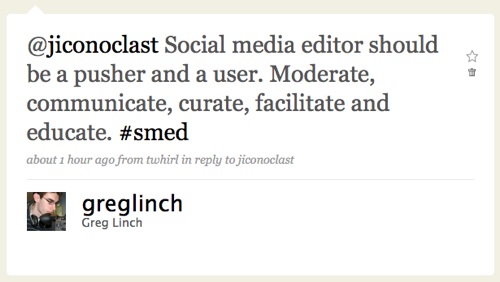
(Full disclosure: I’m the CoPress community manager, as well as a core team member.)
In a major move to help college newspapers thrive online, CoPress has announced a plan to move interested papers to WordPress and host the sites for a low monthly fee, plus a minor initial setup cost.
Or, if you’re just looking for low-cost hosting sans WordPress, that’s also an option. If you go that route, you don’t pay the initial setup cost.
What’s the advantage? Well, when you consider how much money your college news site could generate if you sold all the ads, and therefore took in related revenue, choosing CoPress could pay for itself.
Not to mention the fact that you have complete control over your site. That, in my view, is the most attractive reason. I oversaw The Miami Hurricane‘s move from College Publisher to WordPress last summer and wish CoPress existed at the time.
But, whereas our situation allowed us to make the move on our own, many school papers don’t have a server or the technical know-how to make such a move. Or, if you do, you can avoid a possible headache (particularly in transfering your College Publisher archives) with a little help from your friends.
That’s where CoPress comes in – we can do all that. Check out the post about the hosting plan.
For more information, visit the CoPress hosting page.
Leave a comment on the CoPress post or e-mail hosting@copress.org with any questions. Also, you can follow us on Twitter.


